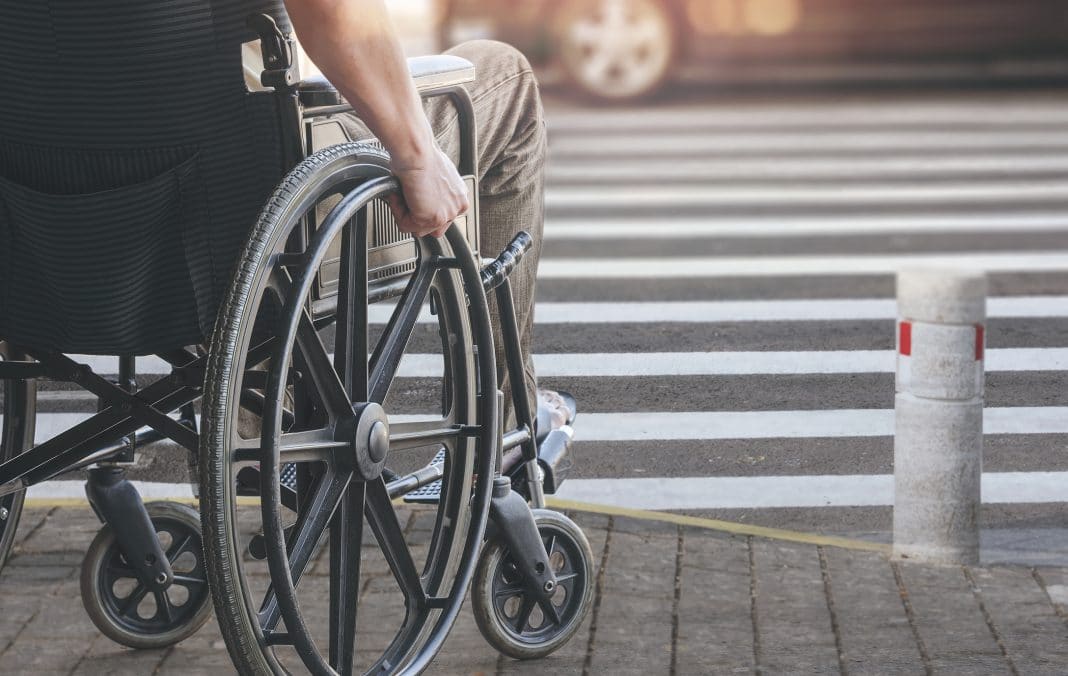The Federal Government states that reforms will make the National Disability Insurance Scheme (NDIS) more flexible and less bureaucratic, but Canberra’s disability advocates and support services fear the changes will be disastrous.
“The proposed model of independent assessments has the potential to increase adverse mental health outcomes and reduce dignity, choice, and control for people with disabilities,” said Advocacy for Inclusion’s Stacy Rheese at a parliamentary hearing last week.
Currently, the government states, people with disabilities must organise assessments and collect evidence to show how their disability affects them. National Disability Insurance Agency (NDIA) employees use reports from multiple clinicians and health professionals to develop individual plans.
But, NDIA CEO Martin Hoffman said: “The NDIS was never meant to be about public servants making hundreds of decisions about the life and supports of participants.”
More disability stories:
- I am not a number: Do NDIS reforms put people into boxes?
- Kept in the dark: Disability community says NDIS reforms are not transparent
The current process is complex and costly, the government states; Australians with disability collectively spend between $130 million and $170 million on assessments; some individual participants have spent thousands of dollars.
Free independent assessments will replace this approach. Assessors from eight agencies (allied health professionals, with at least one year of practical experience) will use standardised tools to determine the most suitable package for the person with disabilities. The government states this will make the NDIS “better, simpler, faster, and more flexible”.
Newly appointed Minister for the NDIS, Senator Linda Reynolds, recently told the hearing: “I genuinely want to make it a less bureaucratic experience, have faster decisions and resolutions, and provide more flexibility with choice and control in packages, which the current 2013 legislation simply does not make possible.”
The government is testing eight assessment tools over two pilots; the first pilot ran from 2018 to 2019, and another began in October 2020. Some trial participants have called the assessment “a joy to be part of”, and the questions “reasonable and fair”, Mr Hoffman said, quoting letters he received.
But Nicolas Lawler, CEO of Advocacy for Inclusion, called the independent assessments “egregiously flawed”. Dougie Herd, chair of the ACT Disability Reference Group, himself quadriplegic, was scathing: “I have never heard of a more ridiculous idea in my 35 years of working with and for people with disability. It is simply guaranteed to fail.”
For more news:



